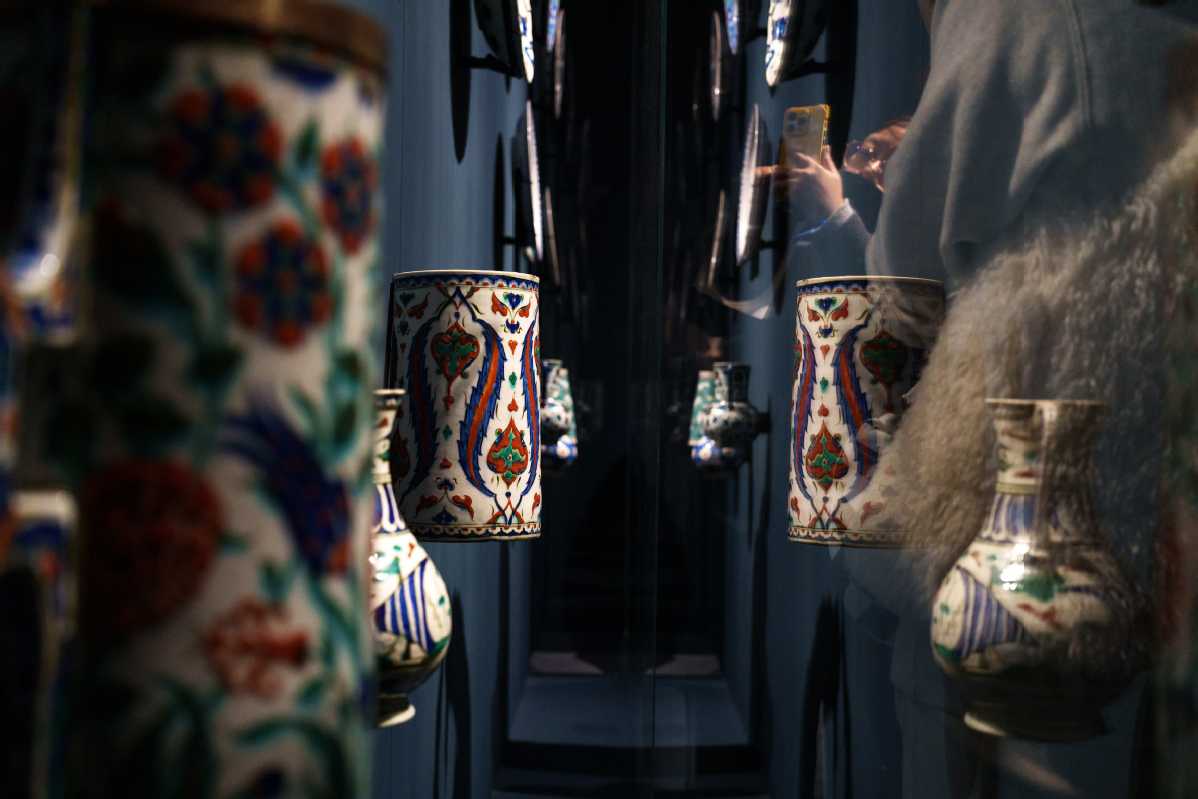Xujiahui Origin
Xujiahui Origin, a century-old cluster of cultural buildings in the southwest part of downtown Shanghai, is renowned as the earliest site of Chinese interaction with Western cultures and the birthplace of modern sciences in Shanghai and China.
This bustling area, boasting rich cultural and historical legacies, vibrant commercial and trade activities, and extensive transportation networks, is acclaimed as the cradle of Shanghai-style culture.
Four hundred years ago Xu Guangqi, a Chinese scholar-official and a pioneer of cultural exchanges between China and the Western world, resided in this area, where several creeks, including the Zhaojiabang, converged. Xu authored numerous books on his property and established farming facilities nearby for experimenting with new agricultural practices.
As the area became predominantly inhabited by Xu's descendants, it acquired the name Xujiahui during the reign of Emperor Kangxi of the Qing Dynasty (1644-1911).
Throughout modern Chinese history, Xujiahui has symbolized the interaction and mutual influence between Chinese and Western cultures. Xu pioneered the introduction of Western sciences and cultures, opening a window to the outside world for Chinese people and laying the first cornerstone for Shanghai's inclusive identity.
Over the centuries, the efforts initiated by Xu Guangqi and Matteo Ricci to promote science and technology, culture, education, publishing, charity, and religion have continued, leading to the establishment of numerous institutions and facilities dedicated to these pursuits across the area.
Former Site of Xuhui Public School
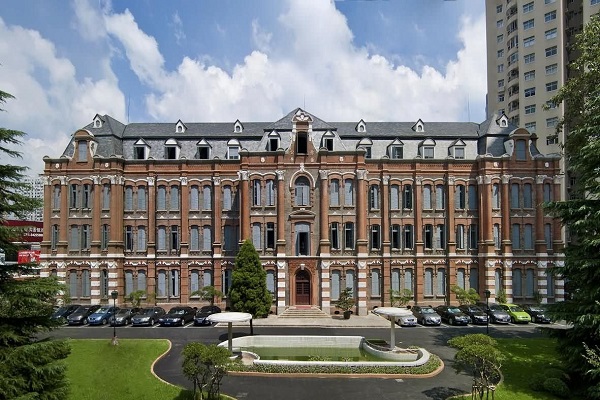
Address: No 68 Hongqiao Road, Xuhui district
Admission: Free
Xujiahui Bibliotheca
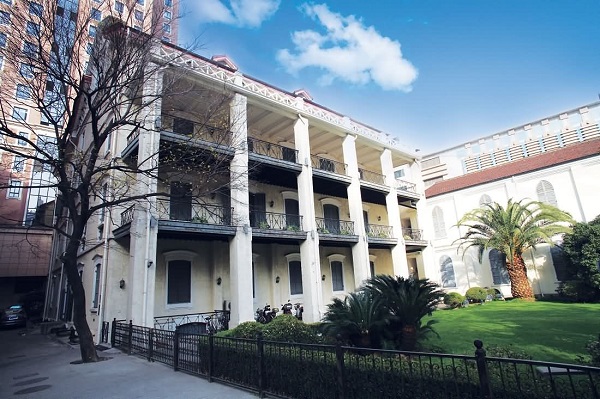
Address: No 80 North Caoxi Road, Xuhui district
Admission: Free
Xujiahui Cathedral
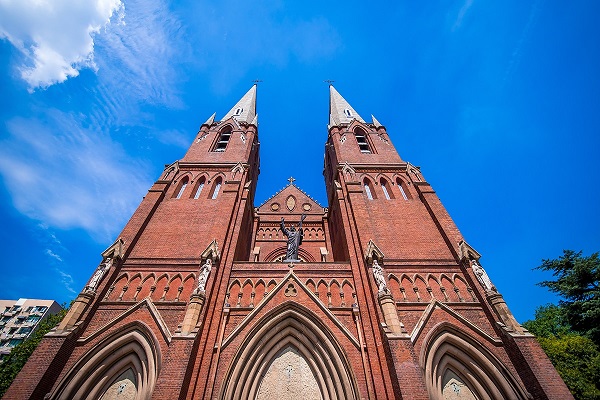
Address: No 158 Puxi Road, Xuhui district
Admission: Free
Former Site of Xujiahui Observatory (Shanghai Meteorological Museum)
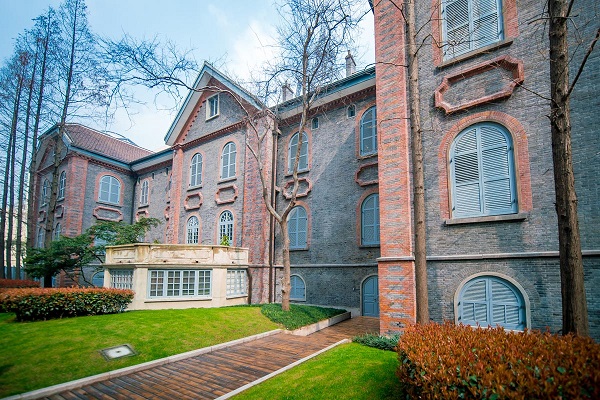
Address: No 166 Puxi Road, Xuhui district
Admission: Reservations need to be made by following the official WeChat account of the Shanghai Meteorological Museum (WeChat account: gh_ea2d912c14c8) to make an online reservation.
Guangqi Park
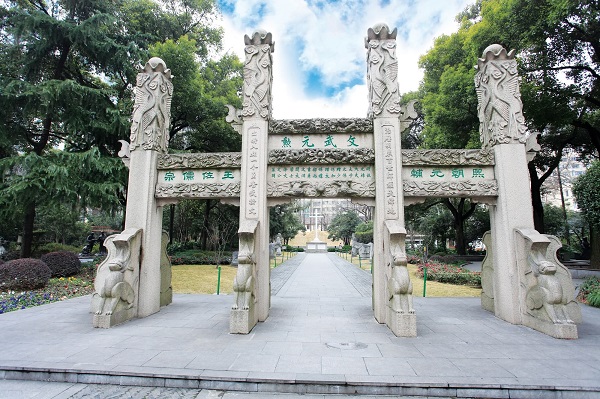
Address: No 17 Nandan Road, Xuhui district
Admission: Free
Xu Guangqi Memorial Hall
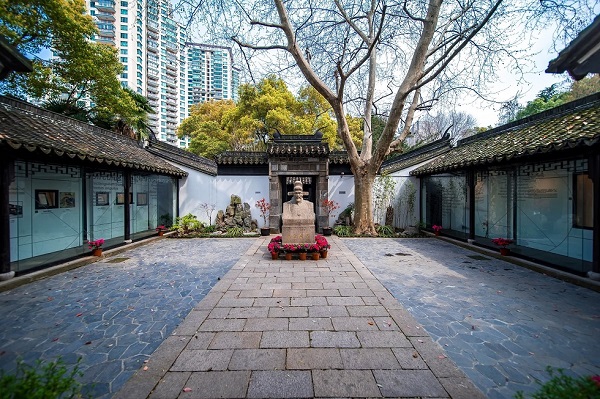
Address: No 17 Nandan Road, inside Guangqi Park
Admission: Free
Shanghai T'ou-Sè-Wè Museum
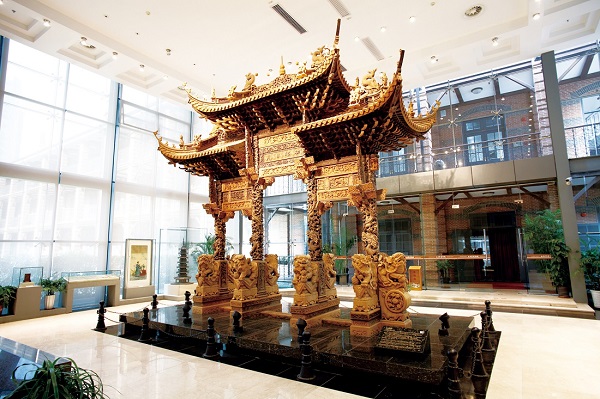
Address: No 55 Puhuitang Road, Xuhui district
Admission: Free
Pathe Villa — Recording site of The March of the Volunteers

Address: No 811 Hengshan Road, Xuhui district
Admission: Free (reservation required)
Xujiahui Park
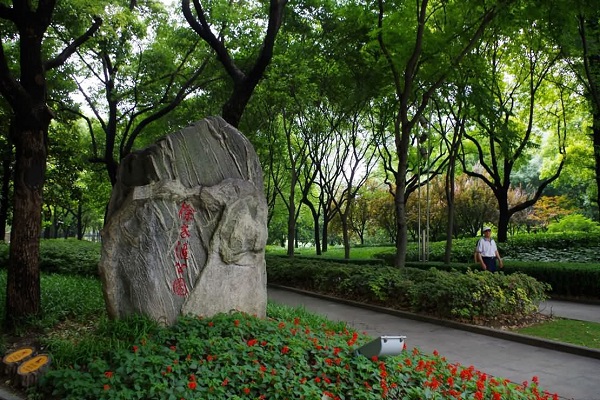
Address: Zhaojiabang Road, Xuhui district
Admission: Free
Shanghai Film Museum
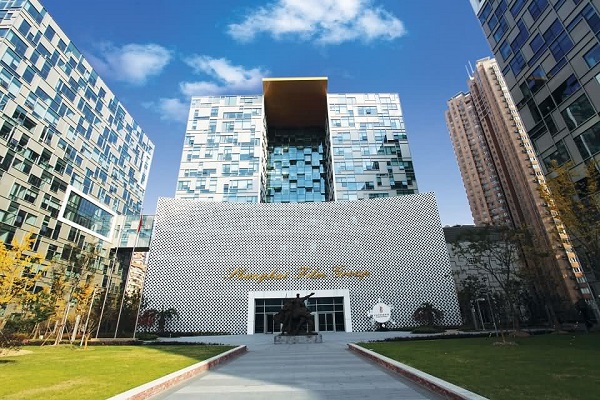
Address: No 595 North Caoxi Road, Xuhui district
Admission: 60 yuan ($8.45) per person
Shanghai Jiao Tong University
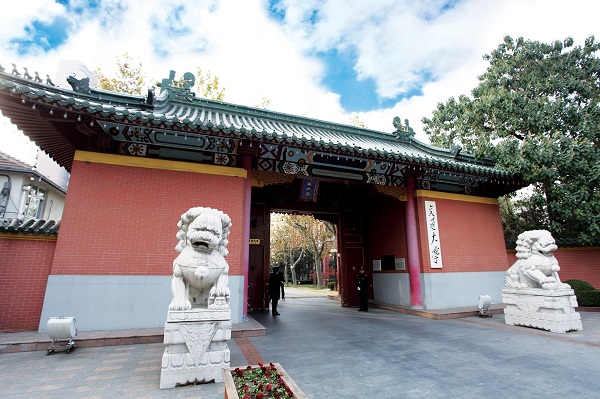
Address: No 1954 Huashan Road, Xuhui district
Admission: Free
C. Y. Tung Maritime Museum
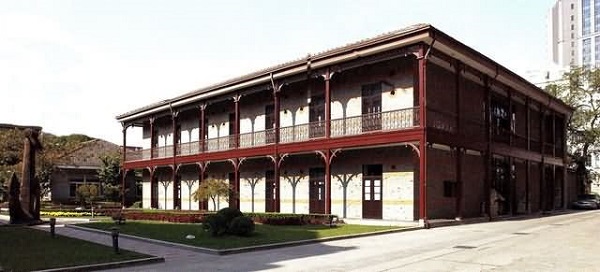
Address: No 1954 Huashan Road, Xuhui district
Admission: Free
Qian Xuesen Library & Museum
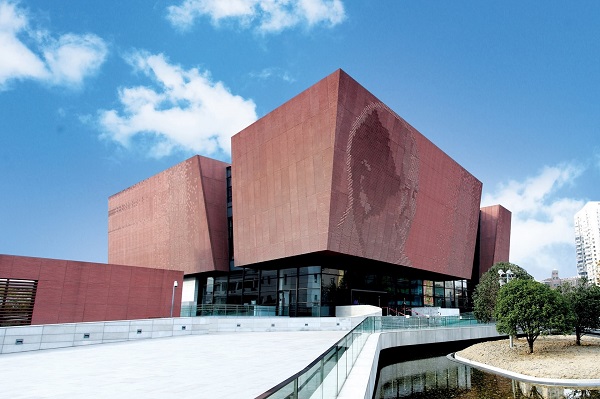
Address: No 1800 Huashan Road, Xuhui district
Admission: Free
(Updated on Nov 20, 2025)
Source: xujiahuiorigin.com
Editor's Pick
FAQs
- What if my passport expires but my Chinese visa is still valid?
- Can pets and owners depart from different countries while complying with customs regulations?
- Can a minor travel to China and stay in a hotel without a parent's presence?
- Who is eligible for the 240-hour visa-free transit policy in China?

